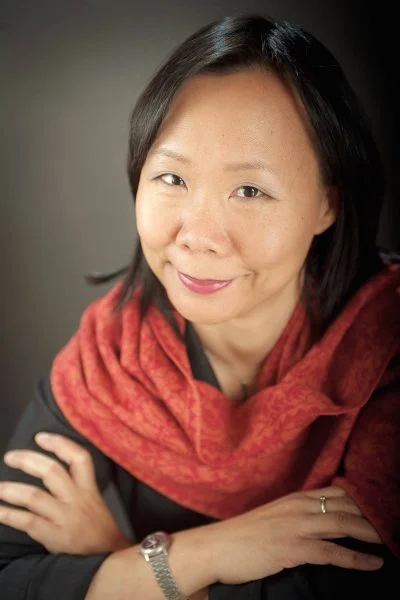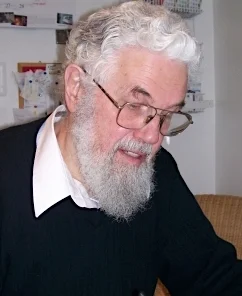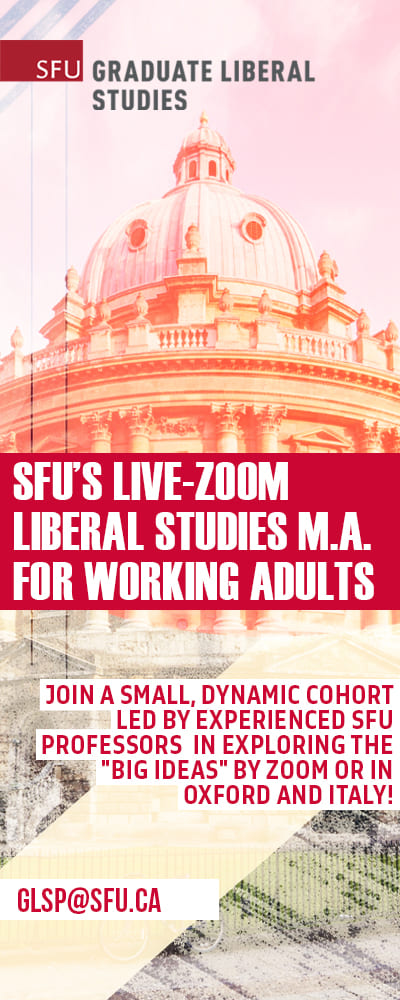#735 A distant howl between covers
Odes and Laments
by Fiona Tinwei Lam
Halfmoon Bay: Caitlin Press, 2019
$18.00 / 9781773860152
Reviewed by Christopher Levenson
*
 Fiona Tinwei Lam has long been an important presence in the Vancouver literary scene, not only as a poet but also as the editor of an excellent anthology, The Bright Well (Leaf Press, 2011), contemporary Canadian poems about facing cancer; author of an illustrated children’s book, The Rainbow Rocket (Oolichan, 2013), and as co-editor of two non-fiction anthologies, Love Me True: Writers Reflect on the Ins, Outs, Ups and Downs of Marriage (Caitlin, 2018), and Double Lives: Writing and Motherhood (McGill-Queen’s University Press, 2008). So a full decade after Enter the Chrysanthemum (Caitlin: 2009) it is good to have a third collection of her own poetry.
Fiona Tinwei Lam has long been an important presence in the Vancouver literary scene, not only as a poet but also as the editor of an excellent anthology, The Bright Well (Leaf Press, 2011), contemporary Canadian poems about facing cancer; author of an illustrated children’s book, The Rainbow Rocket (Oolichan, 2013), and as co-editor of two non-fiction anthologies, Love Me True: Writers Reflect on the Ins, Outs, Ups and Downs of Marriage (Caitlin, 2018), and Double Lives: Writing and Motherhood (McGill-Queen’s University Press, 2008). So a full decade after Enter the Chrysanthemum (Caitlin: 2009) it is good to have a third collection of her own poetry.
As with her two previous volumes many of these often-acerbic poems evoke family, relations with her parents, domestic situations, and everyday objects. “Pool,” for instance, brilliantly explores her family’s history in terms of the gradually neglected swimming pool, as first her father died and then slowly her mother gradually succumbed to dementia. It concludes:
Overgrown shrubs shrouded the house
as each of us left. Room by room
emptied, heat turned off.
Home shrinking, porous
to elements. My mother’s neurons
tangling, withering, shorting out until
the house was fully shadow.

Now as a mother herself, poems such as “Shelter” and “Sixteen,” addressed to her son, deal with her own parenting, which in turn expands in “Holding Centre, Al Naraf” into empathy for a small refugee child and his father.
Where poems such as “Pool” or “Rice” imaginatively connect, albeit ambivalently, with the context of a real life and cultural heritage, others such as “Peach,” “Cake,” “Soap,” and “Stop Sign” seem more like jeux d’esprit, akin to the poetic responses some Creative Writing instructors expect from prompts. These hardly answer to the high standards that she sets herself at the end of “Vision:”
Let words
be my telescope
to enter the spiral whorls
of astral ancestors in deep space
or in fingertips, microscopes
to travel the delicate labyrinths
of cells. Or magnifying glass
the simplest lens
I can hold
close to petal, pebble,
leaf, flake, truth.
Understandably like many poets, indeed many artists of every kind, Lam comments on current socio-political and ecological issues and aims to embody in her work a vision of a better, juster world, for, as she writes in “Forest,” “As the world’s mould / let each poem be / a fallen tree’s tongue.” This may be why she resorts to a series of “concrete” poems, where the physical shape of the poem mimics the content.
I am disappointed by Lam’s desire to write poems that are more overtly “relevant” to the climate crisis, consumerism, or the omnipresence of plastic, concerns which can easily result in an overkill of mere lists, and undermine the subtlety of effect that is one of her hallmarks as a poet. Fortunately, however, these form only a small part of her book. Most of her work fulfills the mission she sets herself in “Vocation:”
slice into the past and delve
for what festers. Suture with words
Life’s ragged fissures.
The poem remains
a small silvery trail.
Indeed, if part of every good poet’s equipment is the ability to choose exactly the right word, she achieves this brilliantly in “September,” when she writes:
Then spit and sprinkle,
pelt and pummel — rain’s peripatetic
autumn music (my emphasis).
This one word neatly captures the sound as well as the sense. So too with the next poem, “Orange,” which exemplifies another vital quality, an obsession with language itself and the way it changes over time and place:

Your name
your origin, Sanskrit
to Arabic naranga to naranj
Harkening back to ancestors
cross-bred in China —
apelsin, sinaasappel. Apple
turned orange – pomme d’orenge.
The poem’s last words sum up the essence of the fruit as “condensed sun.”
Indeed, at her best Lam combines a keen intelligence and wit with a mastery of tone. Thus in “Wolf,” after starting,
Of course I admit that I have a reputation.
Connoisseur of duck sans orange.
Caribou stalker.
Cross-dressing devourer of the infirm.
She strikes a nice balance between ironic empathy and detached concern. The poem ends:
I’m just a distant howl
muzzled between covers
of a story I never wrote.
While I cannot help feeling that her best poems would be set off more clearly in a shorter book, I am nevertheless grateful for their presence here in what is ultimately a very impressive performance.
*

Born London, England 1934, Christopher Levenson came to Canada 1968 and taught English, Creative Writing, and Comparative Literature at Carleton University from 1968 to 1999. He has also lived and worked in the Netherlands, Germany, Russia, and India. He has written twelve books of poetry, the most recent of which is A Tattered Coat Upon a Stick (Quattro Books, 2017). He co-founded Arc magazine in 1978, was its editor for the first ten years, and was for five years Series Editor of the Harbinger imprint of Carleton University Press, which published exclusively first books of poetry. He has reviewed widely, mostly poetry and South Asian literature in English, in the UK and Canada. With his third wife, Oonagh Berry, Christopher moved to Vancouver in 2007 where he helped re-start and run the Dead Poets Reading Series.
*
The Ormsby Review. More Books. More Reviews. More Often.
Publisher and Editor: Richard Mackie
The Ormsby Review is a journal service for serious coverage of B.C. books and authors, hosted by Simon Fraser University. The Advisory Board consists of Jean Barman, Robin Fisher, Cole Harris, Wade Davis, Hugh Johnston, Patricia Roy, David Stouck, and Graeme Wynn. Scholarly Patron: SFU Graduate Liberal Studies. Honorary Patron: Yosef Wosk. Provincial Government Patron since September 2018: Creative BC
“Only connect.” – E.M. Forster






























